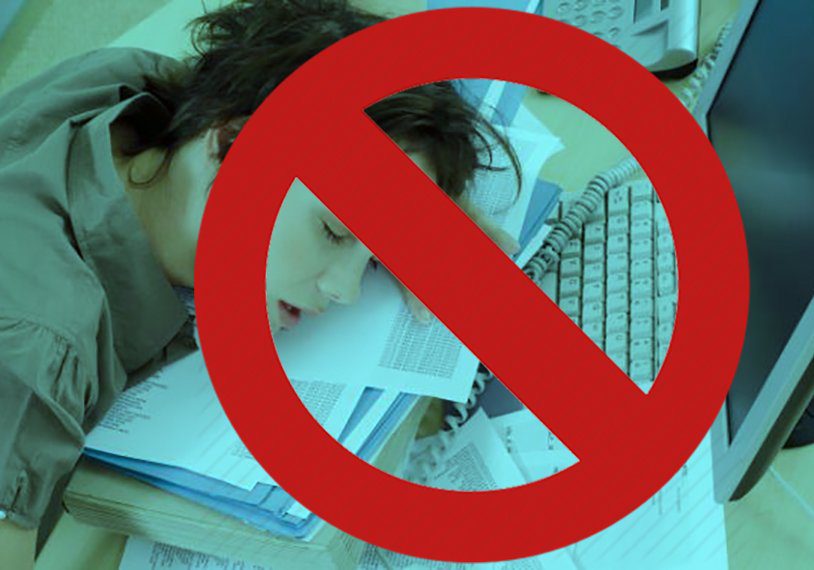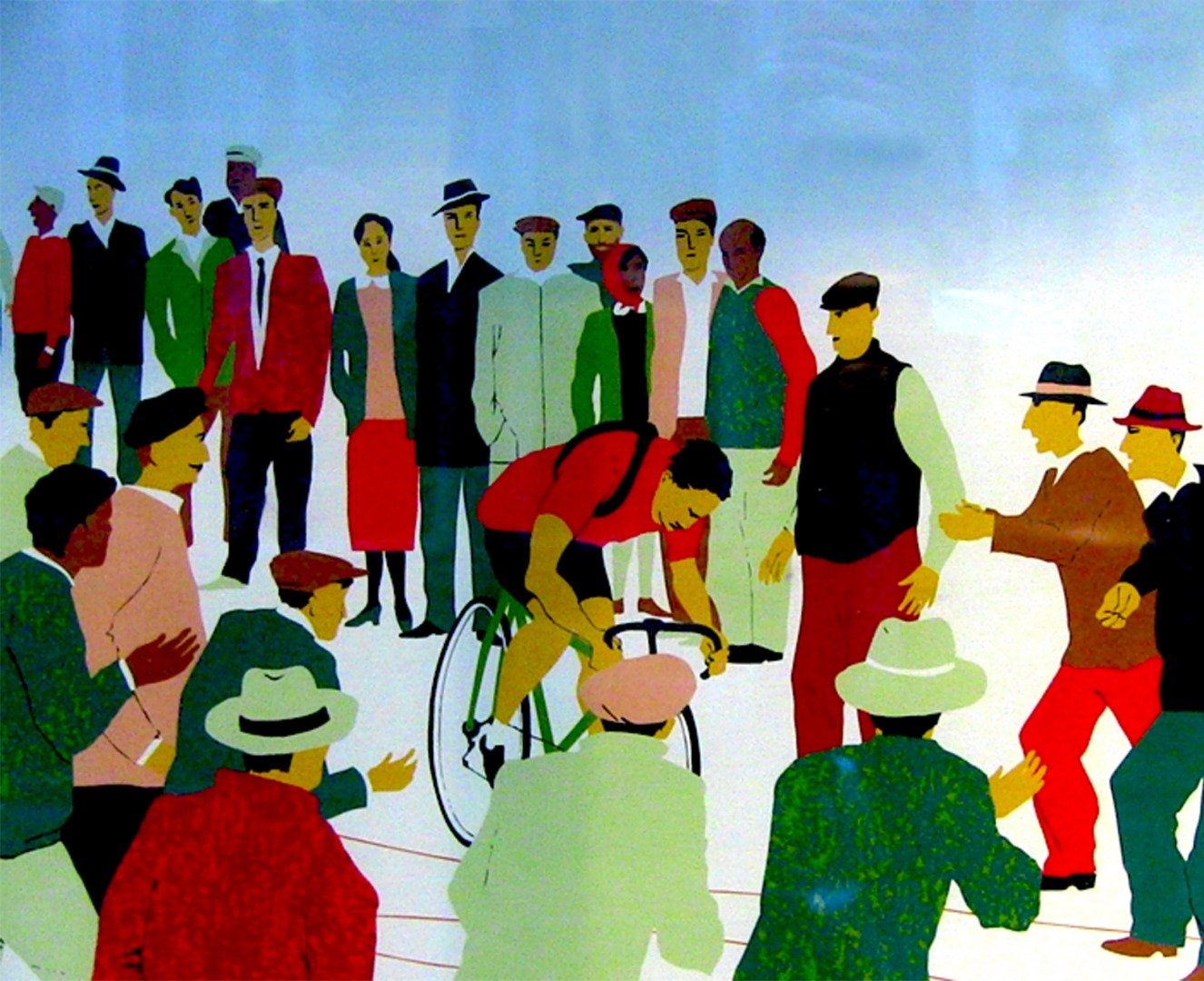
It could sound a bit strange in 2015 to entitle and article with such a disruptive implication such as “work will become illegal”. But in a certain way, the scenario of “no work” is not really something to be afraid off, if one considers “work” from an historical point of view.
Today, almost all the governments of planet Earth are showing concern about the fact that there is not enough work for their people. They all are figuring out various solutions to fight unemployment, by proposing alternative ways to develop, encourage and preserve the economy.
In my opinion, all their endeavors will be helpless, unless they change the rules of the game. Just to be clear, the purpose of this reflection is not to minimize the concern and engagement of our leaders, that try their best to insure it’s people access to work in order to have a decent income that enables them to survive and lead interesting lives. My aim is to provide some reflections and ideas to smooth the shift that is happening in our societies with the coming of humanoid robots and Artificial intelligence.
What is Work?
First of all it is useful to understand what is “work”. If we are talking about economy, work is simply an activity remunerated to produce goods and services. From an historical approach “work” is more ambiguous and its definition fluctuates according to the perception society had on its meaning. Throughout history, work as been seen as an act resulting from slavery due to a holy punishment where the purpose is to expiate one’s sins, as what one does when serving a landlord in compensation for security and shelter when living in his land, or an act of good will when participating in a community, to a new “modern” kind of slavery in the industrial revolution.
Today, some would say that work is necessary as a way to survive, as well as a way to reach a personal fulfillment in life or to succeed in one’s personal development. For some others, work is just an occupation.
As you see, depending in what time people are living, the perception of “what is work”, was never the same. Therefore, the disruptive title of this article, will probably not be such a disruptive one any more, in a future to come.
The illegality of work
Coming back to the illegality of work, to become illegal, a behavior must seriously disrupt the culture and customs of a society or i.e., the law. It must also seriously disrupt and threaten a system on which a society is based. Here I am talking about the Economy. It means that work, which is a process in the economic system of today, will become illegal once it will cause damage the system it belongs to.
What are the today dangers of our current economic system?
1. Extreme competition or monopoly of some economics actors,
2. Non redistribution of the profit.
3. Everything that is opposite to the mainstream economy and not legal. (parallel markets)
4. Predatory speculation Build on the death of an economic actor or product.
5. Corruption
6. Regulation gap between countries.
7. Impact on the environment globally speaking and not computing this impact into the price.
8. Unemployment
One can say that ultimately, all of the above point would generate unemployment in mass that becomes a danger itself for the system once it reaches a certain level.
I make here a parenthesis at this point, to simply show by taking care of the first seven points above mentioned, despite the fact that they are probably more than that in all, you would drastically cure the today system from a lot of its flaws and you would be able as well to reabsorb the last point which is “unemployment” or “exclusion”, as an important economic actor of the system.
Things are not as simple as what I have outlined. Plus, it all depends on what is the final goal of the game. But we have many examples today of those points and the damages they are causing already into our today system.
So to become illegal, work will reach such a level of efficiency in the years to come in all sectors and all type of activities and almost at the same time, with the help of “Humanoid robots” and “Artificial intelligence” that it will simply accelerate the development of all the dangers that I have listed above for the economy.
That means, work will become not anymore an activity remunerated to produce goods and services, but an activity not remunerated that produce goods and services.
In other words, without making new rules that declares the work done by human being illegal, the economics system will simply implode on it.
The reason is that the system would not sustain two types of works that are able to achieve the same tasks. One by human remunerated and another by robots and A.I. not remunerated.
You would not expect human having lost their job still buying product, “without incomes”, produce by robots and A.I. wouldn’t you? In another hand, to be able to compete, you wouldn’t ask a company not to jump into the automation to produce goods and services in order to compete with others firms? Wouldn’t you? We can play this never ending story as many times as you wish. The game is over.
The arguments of creating new services or new product that participate to the economic grow and create job are not valid. Those eventual new activities or products will be created mainly with robots and A.I. or by robots and A.I. themselves as well. That will be not sufficient to maintain employment.
In short:
The power of those new machines to come and new A.I. capacities will reach such possibilities and independency, that any today’s “work” will be replaced by bots an A.I. overnight when it will released on the market.
Here you can watch a video that summarize those progresses:
Making Robots
Artificial Intelligence and the future
Romuald Reber is an author of science-fiction. He takes present questions of society and places it in a future context through the media of fantastic stories with a visionary approach. He also writes on demand and on his blog, where he develops some questions with a more rational approach than in these books. He is the editor of these own publications. Aside her work as author, editor and blogger, Romuald Reber is a manager of enterprises and gives advices on the rising of new ideas from the society and their probable implications and or their applications on a long terms base. He likes to challenge himself and is a great subscriber of Mooc’s. Romuald Reber is finally and simply a great observer of our world.
Editions website : http://www.editionsrodarima.ch
Twitter: @Rodarima



























